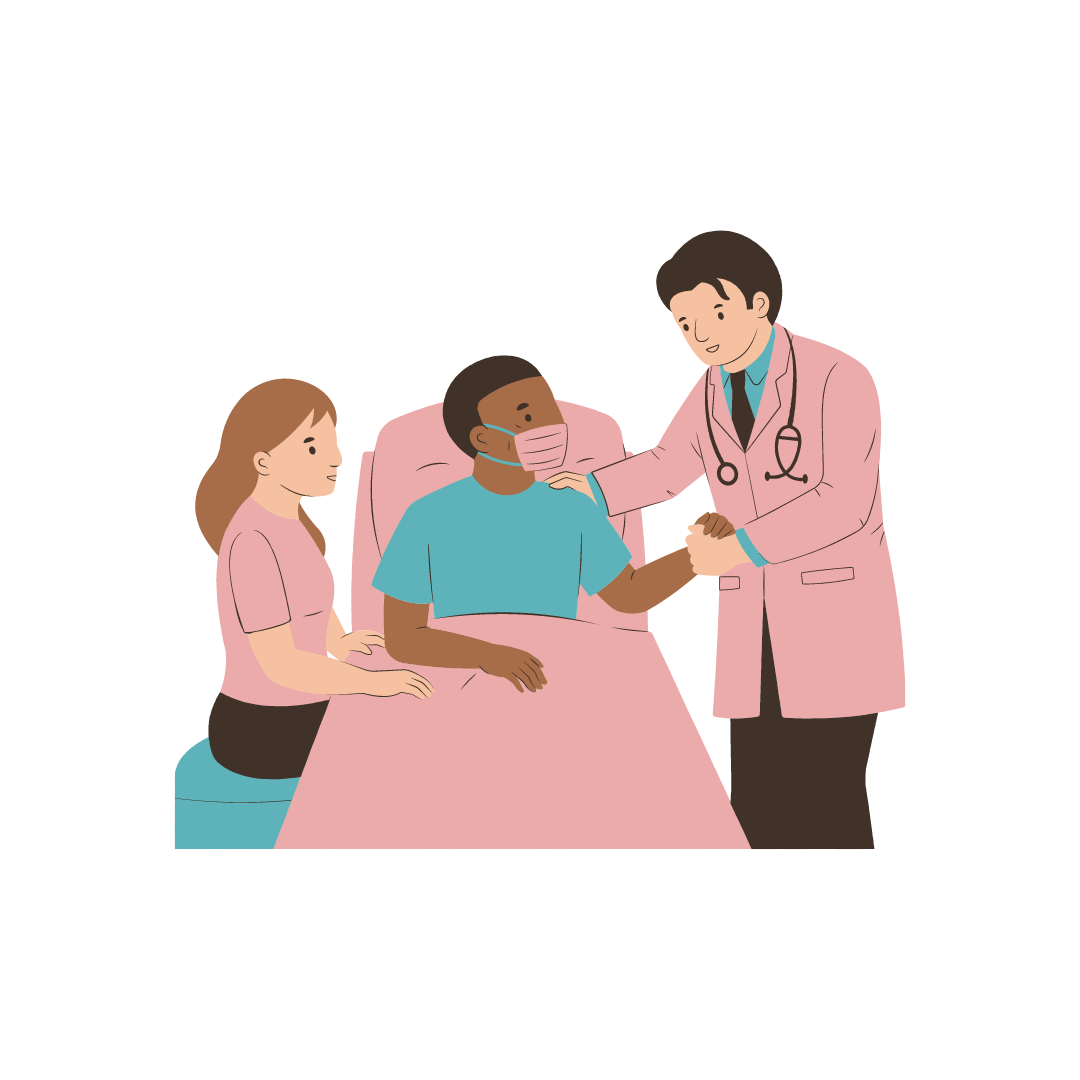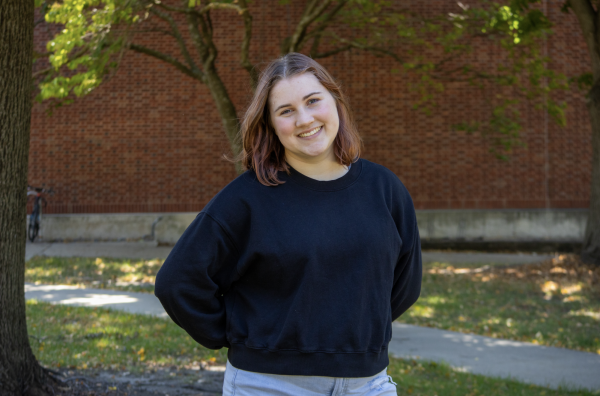Drake University announced its new accelerated nursing program and introduced program director Mary Owens on Feb. 26. Students on the nursing path at Drake can now finish their degree here rather than transferring to Allen College or Mercy College to complete their Accelerated Bachelor of Science in nursing.
Owens has a background of real-world nursing experience, teaching and program directing over her nearly 30-year career. Owens began her career in hospice and home care before working in healthcare in rural Iowa. She then worked as a school nurse, which led to her starting the Health Careers program at Southeast Polk High School.
“That’s a great thing about nursing,” Owens said. “You want to switch it up, great, tons of opportunities to do that.”
Before coming to Drake, Owens worked on developing the accelerated nursing program at Mercy College and taught in the nursing program at Iowa State University.
“I’ve had experience starting accelerated programs, and Drake University is such an amazing university and has a great reputation,” Owens said. “This is my dream job.”
According to Owens, the accelerated program aims to fill the need for nurses in the workforce by providing opportunities for qualified students. Data from the American Association of Colleges of Nursing shows that the number of denied applications has been steadily increasing over the past few years, with over 90,000 denied in the 2021-2022 academic year.
“We’re facing a nursing shortage that we’ve been predicting for a very long time,” Owens said. “Then COVID-19 hit, so it’s bigger than we anticipated.”
Nursing students will enter the program in their final year after completing a three-year prerequisite curriculum in the health sciences program. ABSN students will graduate from the 12-month program with Bachelors of Science in health sciences and nursing.
“[In] the traditional nursing program, sometimes you’re studying all those prerequisites for the first four years,” Owens said. “This way, it’s just a stand-alone nursing program.”
Owens expects around 10-15 students currently enrolled in the nursing program at Drake to enter the program in fall 2024 rather than transferring to Allen College or Mercy College. However, she has also received inquiries from students at other schools who are interested in completing their degree at Drake.
“The nursing program addresses a large need in health education,” said Charles Phillips, the interim dean of the College of Pharmacy and Health Sciences. “The demand by students outpaces the number of program openings in the area, so we expect a large applicant pool for the program.”
Drake is working with the Broadlawns Medical Center to provide students with experience outside of the classroom. This allows students to work directly with Broadlawns staff for their clinicals and saves Drake money as well. According to Owens, nursing students will complete over 600 hours of clinical and practicum experience in many different environments.
“We’ll also be doing clinicals and homecare, hospice, palliative care, pediatrics, the whole gamut,” Owens said. “They’re going to get experience with that, and that’s really important because I want to help students find where they want to land.”
Owens is spending this semester preparing for her first class of students this fall. She’s working on hiring two full-time faculty members and a full-time clinical instructor, finalizing the curriculum, applying for accreditation and working on applications with the Board of Nursing.
After graduating from the program, students need to pass the National Council Licensure Examination to enter the workforce, only four years after starting their undergraduate program.
“We’re seeing an aging population, which requires more and more healthcare providers,” Phillips said. “Nursing in particular is a high-demand career path and provides the opportunity to directly impact patients’ health. We need programs like Drake’s accelerated program to help meet that demand.”








